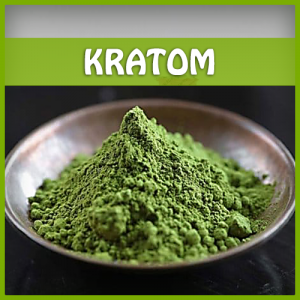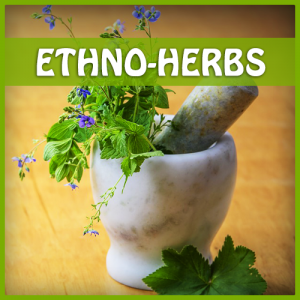Updates
Greek Dittany: The Aromatic Herb with Surprising Health Benefits
Introduction to Greek Dittany
Greek Dittany, also known as Origanum dictamnus, is a small shrub that grows in the mountainous regions of Greece, especially on the island of Crete. It has a long history of use in traditional medicine and cuisine, dating back to the ancient Greeks. Greek Dittany is a member of the mint family and is highly aromatic, with a sweet, spicy fragrance.
Health Benefits of Greek Dittany
Greek Dittany is known for its many health benefits, which have been documented through scientific research. Some of the most notable benefits of Greek Dittany include:
1. Anti-inflammatory properties: Greek Dittany contains compounds that have been shown to reduce inflammation in the body. This makes it a useful herb for treating conditions such as arthritis and other inflammatory disorders.
2. Antioxidant effects: Greek Dittany is rich in antioxidants, which help to protect the body against oxidative stress and damage caused by free radicals. This can help to prevent a range of chronic diseases, including cancer, heart disease, and Alzheimer’s disease.
3. Digestive aid: Greek Dittany has been used for centuries as a digestive aid, helping to soothe digestive complaints such as indigestion, bloating, and gas. It also has mild laxative properties, which can help to promote bowel regularity.
4. Anti-microbial properties: Greek Dittany contains compounds that have been shown to have antimicrobial effects, helping to fight off harmful bacteria and This makes it a useful herb for preventing and treating infections.
Culinary Uses of Greek Dittany
Greek Dittany has a long history of use in Greek cuisine, where it is used to add flavor to a variety of dishes. Some popular culinary uses of Greek Dittany include:
1. Seasoning: Greek Dittany is a popular seasoning for meats, vegetables, and Its sweet, spicy flavor adds depth and complexity to dishes.
2. Infusions: Greek Dittany can be steeped in hot water to make a fragrant tea, which is believed to have digestive and other health benefits.
3. Essential oil: Greek Dittany essential oil is used to flavor foods and beverages, as well as in aromatherapy for its calming and uplifting effects.
Traditional Medicinal Uses of Greek Dittany
Greek Dittany has a long history of use in traditional medicine, where it has been used to treat a wide range of ailments. Some of the traditional medicinal uses of Greek Dittany include:
1. Wound healing: Greek Dittany has been used for centuries as a natural remedy for wound healing. Its antimicrobial and anti-inflammatory properties make it an effective treatment for cuts, scrapes, and other minor injuries.
2. Respiratory health: Greek Dittany has been used to treat respiratory ailments such as coughs, colds, and bronchitis. Its expectorant properties help to clear congestion and promote easier breathing.
3. Menstrual cramps: Greek Dittany has been used to relieve menstrual cramps and other menstrual symptoms. Its antispasmodic properties help to relax the muscles and reduce pain.
How to Use Greek Dittany
Greek Dittany can be used in a variety of forms, including:
1. Dried leaves: Dried Greek Dittany leaves can be used to make teas, infusions, and seasonings.
2. Essential oil: Greek Dittany essential oil can be used to flavor foods and beverages, as well as in aromatherapy.
3. Fresh leaves: Fresh Greek Dittany leaves can be used as a seasoning for meats, vegetables, and soups.
4. Tinctures: Greek Dittany tinctures can be made by steeping the herb in alcohol, and can be used for various medicinal purposes.
Side Effects and Precautions
While Greek Dittany is generally considered safe for consumption, it can cause side effects in some individuals. These can include:
1. Allergic reactions: Some people may be allergic to Greek Dittany, and may experience symptoms such as itching, hives, or difficulty breathing.
2. Gastrointestinal upset: In rare cases, Greek Dittany can cause gastrointestinal upset, including nausea, vomiting, and diarrhea.
3. Drug interactions: Greek Dittany can interact with certain medications, including blood thinners and diabetes medications. If you are taking any medications, be sure to talk to your doctor before using Greek Dittany.
Conclusion
Greek Dittany is a versatile herb with a wide range of health benefits and culinary uses. Its anti-inflammatory, antioxidant, and antimicrobial properties make it a useful herb for preventing and treating a range of health conditions, while its sweet, spicy flavor adds depth and complexity to a variety of dishes. While it is generally safe for consumption, it can cause side effects in some individuals, and should be used with caution in those taking certain medications. If you are interested in using Greek Dittany for its health benefits or culinary uses, be sure to talk to your doctor or a qualified herbalist to determine the best way to incorporate it into your lifestyle.

























